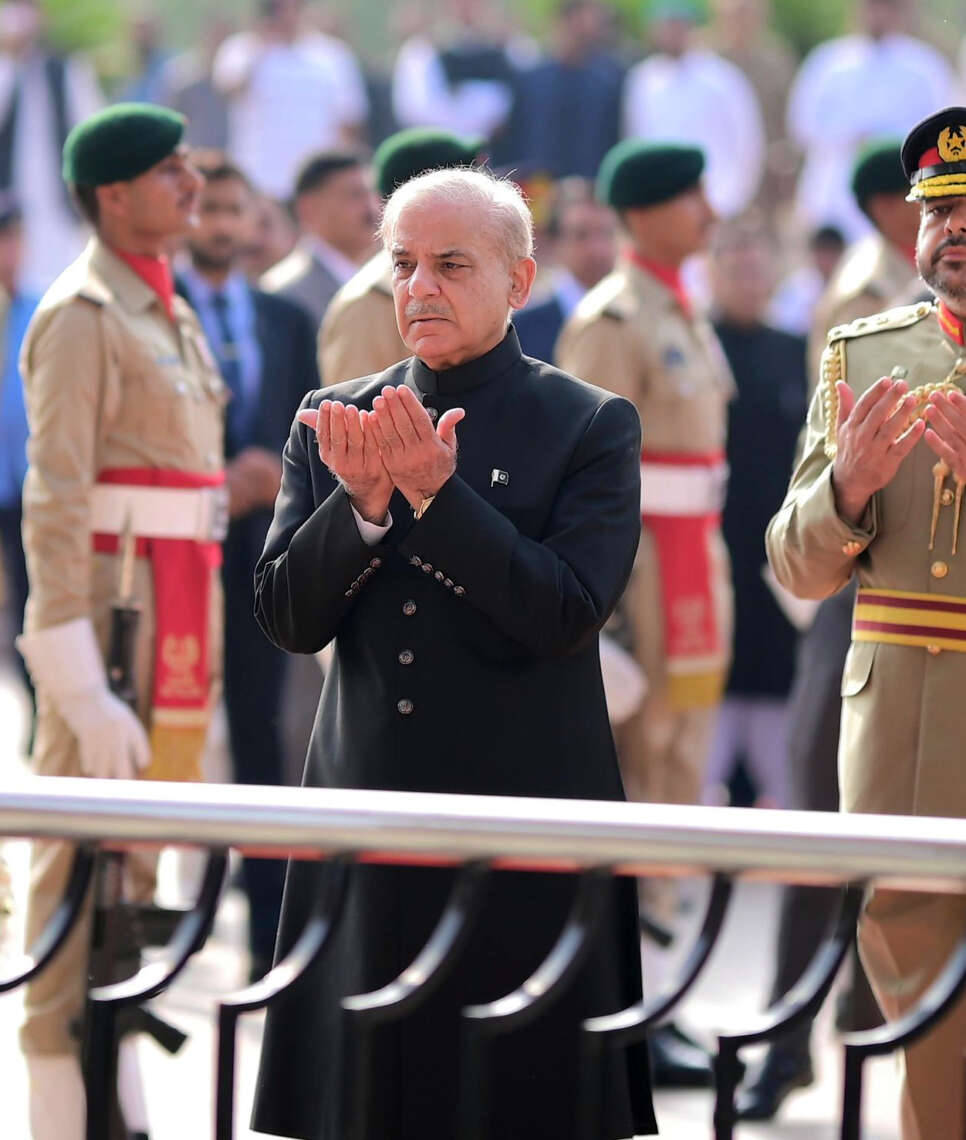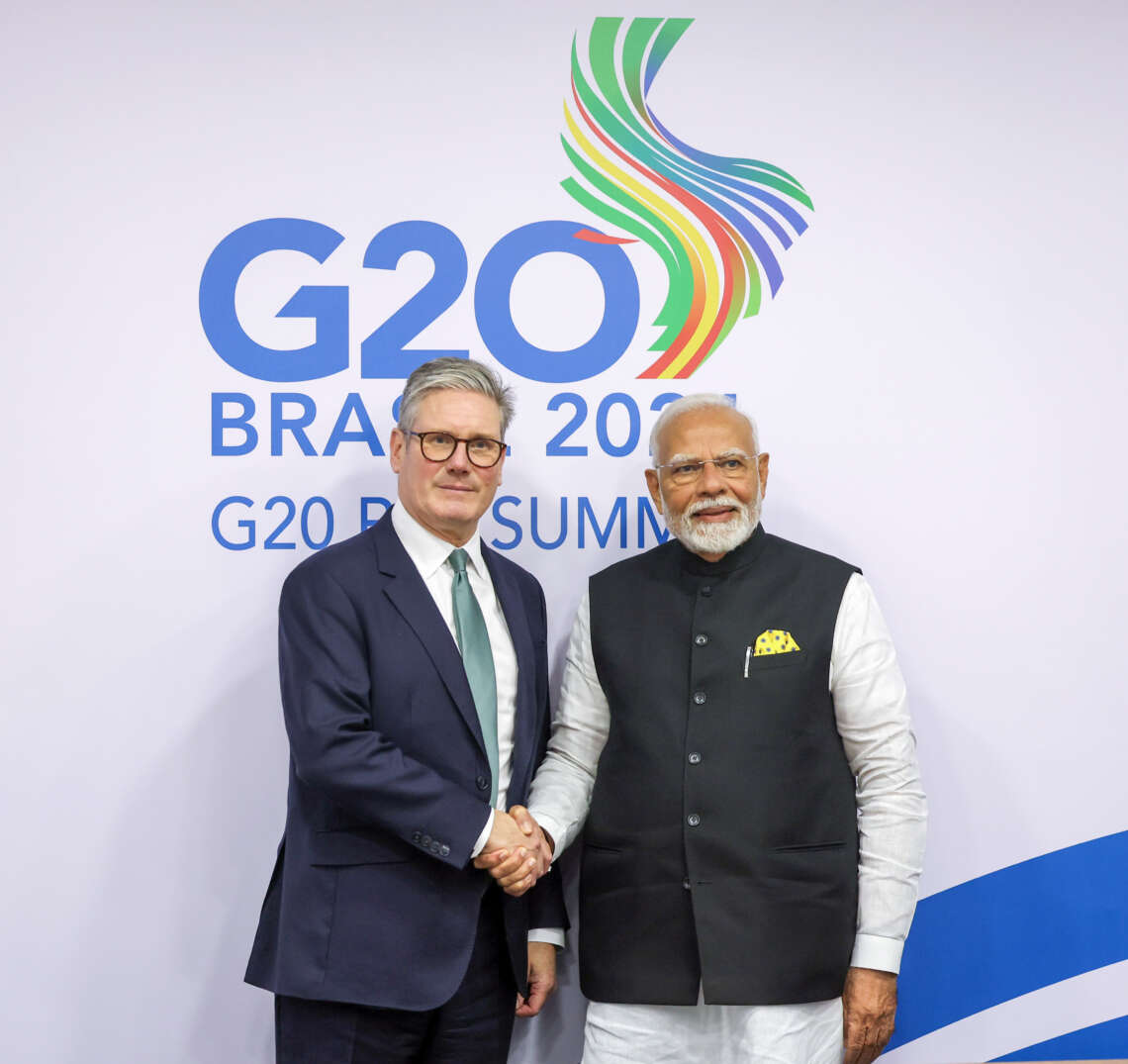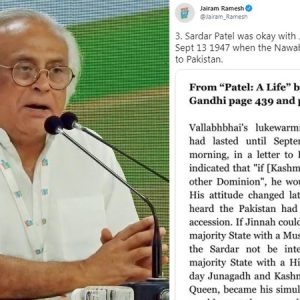Sharif’s remarks came as Indian and Pakistani troops exchanged gunfire for a second straight day on Saturday as ties plummeted between the neighbours
Prime Minister Shehbaz Sharif on Saturday said Pakistan’s armed forces were fully prepared to defend the country’s sovereignty and called for a “neutral” investigation into a militant attack in Indian-administered Kashmir that has brought Pakistan and India close to the brink of another conflict.
Sharif’s remarks came as Indian and Pakistani troops exchanged gunfire for a second straight day on Saturday as ties plummeted between the two neighbours over the attack in Pahalgam that killed 26 tourists on Tuesday.
Indian police have identified three suspects, including two Pakistani nationals, who carried out the April 22 attack. Pakistan has denied any involvement. Since the attack, both nations have unleashed a raft of measures against each other, with Pakistan closing its airspace to Indian airlines and India suspending the 1960 Indus Waters Treaty that regulates water-sharing from the Indus river and its tributaries.
Sharif said the tragic incident in Pahalgam was yet another example of New Delhi’s “perpetual blame game” that must come to a halt, adding that Islamabad was “open to participate in any neutral, transparent and credible investigation” into the attack.
“Water is a vital national interest of Pakistan … any attempt to stop, reduce or divert the flow of water belonging to Pakistan under the Indus Water Treaty would be responded to with full force and might and nobody should remain under any kind of false impression and confusion,” Sharif said during a passing-out parade at the Pakistan Military Academy in Abbottabad.
“Our valiant armed forces remain fully capable and prepared to defend the country’s sovereignty and its territorial integrity against any misadventure as clearly demonstrated by its measured yet resolute response to India’s reckless incursion in February 2019.”
Sharif’s comment was a reference to the downing of an Indian fighter jet in 2019 in response to Indian airstrikes in Pakistan, following a militant attack in Pulwama in Indian-administered Kashmir in which at least 40 Indian paramilitary police were killed. India had also blamed the Pulwama attack on Pakistan, while Islamabad denied any complicity.
Kashmir has been divided between India and Pakistan since their independence in 1947, with both claiming the territory in full but governing separate portions of it.
Rebel groups have waged an insurgency in Indian-controlled Kashmir since 1989, demanding independence or a merger with Pakistan.
Tuesday’s assault happened as tourists enjoyed tranquil mountain views at the popular site at Pahalgam, when gunmen burst from the cover of the forest and raked crowds with automatic weapons. Survivors told Indian media the gunmen targeted men and spared those who could give the Islamic declaration of faith.
India’s Prime Minister Narendra Modi on Thursday said his country would “track and punish every terrorist and their backer,” vowing to “pursue them to the ends of the Earth.” There has been growing concern since Tuesday’s attack that India could conduct a military strike on Pakistani territory as it did in 2019.
The UN has urged the neighbors to show “maximum restraint,” while US President Donald Trump has downplayed the tensions, saying that the dispute will get “figured out, one way or another.”
Rapidly deteriorating relations between India and Pakistan over the deadly shooting in Indian-administered Kashmir are also starting to have small but prickly economic consequences for both nations.
While India unveiled a series of mostly symbolic diplomatic measures against Pakistan, Islamabad responded on Thursday with similar tit-for-tat measures but upped the ante by halting trade with New Delhi and closing its airspace to Indian airlines.
Experts say that while the retaliatory moves will not have an immediate or far-reaching impact, they will likely result in longer and more expensive flights for Indians, while forcing Pakistan to increase pharmaceutical imports from other countries.
Since India accused Pakistan of backing a deadly April 22 attack on tourists in Pahalgam — claims Islamabad denies — the two countries have exchanged gunfire and diplomatic barbs. And at the busy Attari-Wagah border crossing, the fraying ties are painfully tearing apart the many families that straddle the divide.
There were no immediate figures on how many citizens of either nationality are in each other’s country and are expected to cross.
On Saturday, a steady trickle of cars and rickshaws brought those leaving to the border, with relatives waving farewell at a police barricade.
Indian citizen Anees Mohammad, 41, managed to get his 76-year-old aunt, Shehar Bano, to the border just ahead of India’s April 29 deadline to leave.
“She is old and sick and had come here to meet everyone in the family,” said Mohammad, from Indore in India’s Madhya Pradesh state.
Exhausted and emotional, he mopped his brow in the blazing midday heat as he bid his aunt goodbye. “No one knows when and if we will meet again.”













